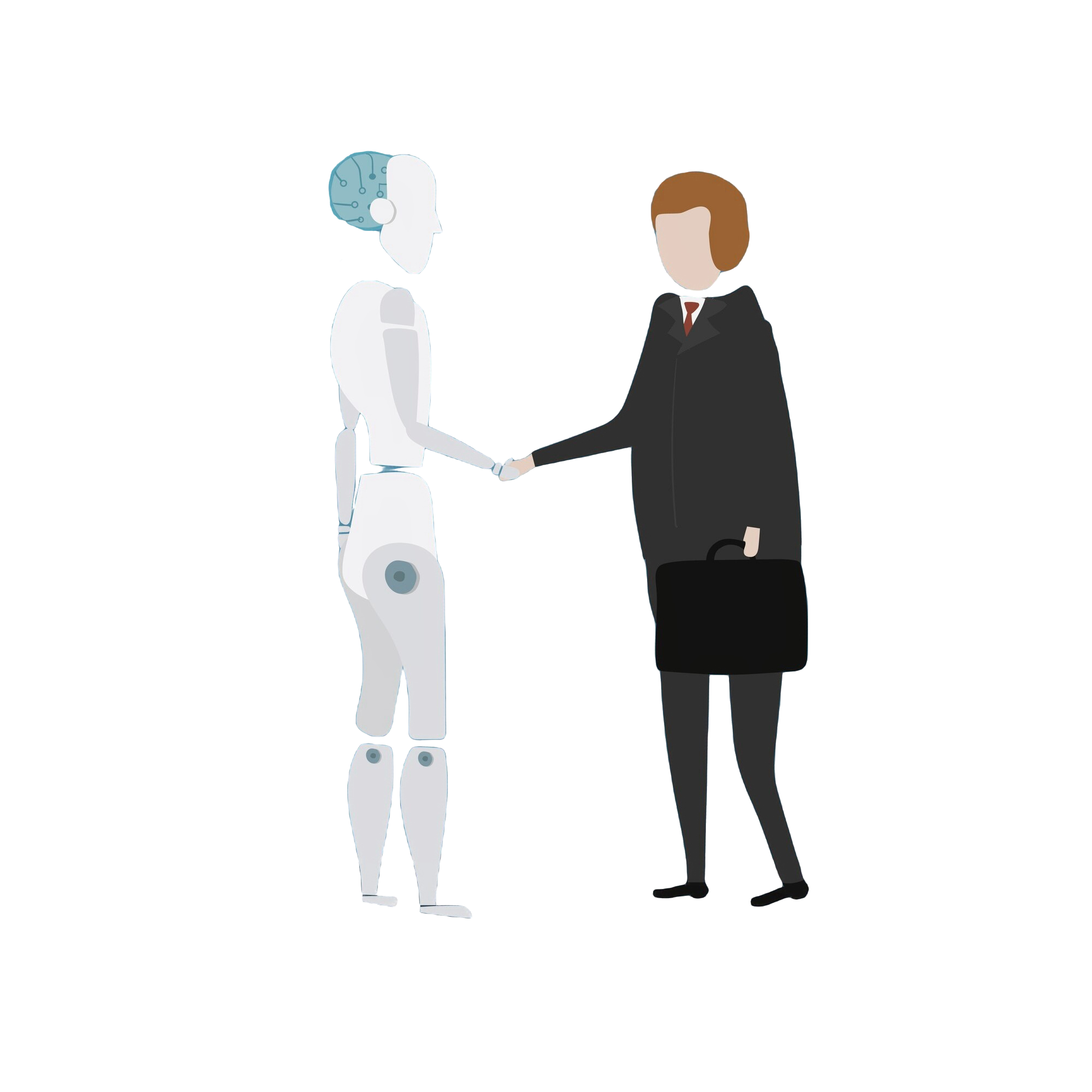
In today’s global marketplace, communication across languages is essential for business success. With 76% of consumers preferring to buy products in their native language, translation has become a critical component of any global strategy. But with so many options available, businesses often wonder: Is AI-powered machine translation (MT) enough, or is human translation the better choice?
Both methods have their advantages, but choosing the wrong one for your project can lead to costly mistakes, miscommunication, or worse—damage to your brand’s reputation. This blog explores the strengths of human translation, the role of machine translation, and how to make the right choice based on your needs.
What is Machine Translation?
Machine Translation (MT) refers to automated systems that convert text from one language to another without human input. While machine translation technology has improved in recent years, it still struggles with context, cultural nuances, and complex sentence structures.
What is Human Translation?
Human translation involves skilled linguists who interpret text by considering not only the language but also the cultural context, idiomatic expressions, and intended message. Human translators bring a level of understanding, creativity, and expertise that machines simply cannot replicate.
The Importance of Human Translation for Businesses
Human translation is not just about translating words—it’s about conveying meaning, tone, and intent in a way that resonates with the target audience. This is especially critical for businesses that rely on high-quality communication, such as legal firms, healthcare providers, or marketing teams. A slight mistranslation in a legal contract or a marketing slogan can result in costly misunderstandings or harm your brand’s reputation in a foreign market.
Types of Human Translation
General Translation
General translation refers to everyday content such as emails, blogs, or customer service communications. While machine translation can handle some of this, human translators ensure that the tone, intent, and meaning of the original text are maintained. For example, a customer support email translated by a human translator can ensure that the message is polite, professional, and culturally appropriate.
Technical or Specialized Translation
This type of translation requires deep expertise in specific industries such as law, medicine, or engineering. A human translator specializing in these areas understands the precise terminology and concepts needed to deliver an accurate and reliable translation. For instance, a medical report translated by a human expert will reflect the correct medical terminology and phrasing, ensuring that nothing is lost in translation.
Legal and Literary Translation
Legal translation demands an intricate understanding of legal systems in both the source and target languages. Human translators must ensure that legal terms and concepts are not only translated correctly but also understood in the context of the legal frameworks in each country. Similarly, literary translation requires a deep appreciation of the author’s style and tone, ensuring that the translated work retains its emotional impact and creativity.
Why Human Translation is Essential for High-Stakes Projects
For businesses that operate in regulated industries or rely heavily on marketing and branding, human translation is more than a preference—it’s a necessity. Here’s why:
Context Matters
Language is complex, and meaning can shift dramatically depending on the context. Machine translation often misses these nuances. For example, the word “bank” can refer to a financial institution or the side of a river, depending on context. A human translator knows how to interpret such words based on the surrounding text and the subject matter.
Cultural Sensitivity
Culture shapes language in profound ways. A marketing slogan that works well in one country could be misunderstood—or even offensive—in another. Human translators understand these cultural nuances and adapt content to resonate with the target audience. This is especially important for global marketing campaigns, where tone, humor, and emotional appeal must align with local customs and values.
For instance, when KFC expanded to China, the original slogan “Finger-lickin’ good” was initially mistranslated as “Eat your fingers off,” which had disastrous results. A human translator with cultural knowledge could have easily avoided this misstep.
Industry Expertise
In specialized fields such as legal or medical translation, errors are not just inconvenient—they can be dangerous or legally problematic. A machine cannot fully grasp the intricacies of medical terminology or the consequences of a mistranslation in a legal document. Human translators with industry-specific expertise ensure that every detail is correct and compliant with local regulations.
Pros and Cons of Human Translation
Pros of Human Translation
- Accuracy and Precision: Human translators are trained to deliver highly accurate translations that machines often miss. They can recognize the nuances in tone, syntax, and context that a machine may overlook.
- Cultural Awareness: Human translators are more attuned to cultural differences and can adapt the text to suit the target audience’s cultural expectations. This is essential for marketing campaigns, branding, and any content aimed at a specific demographic.
- Subject-Matter Expertise: Many human translators specialize in specific industries like law, medicine, or engineering, ensuring that technical language is accurately translated. They also follow strict quality assurance processes to catch errors before the translation reaches the client.
Cons of Human Translation
- Cost: Human translation can be more expensive than machine translation, particularly for large projects or when multiple languages are involved. However, the higher cost often reflects the superior quality and reliability of the translation.
- Time-Consuming: Human translation takes more time than machine translation, especially for longer documents. While MT can churn out translations almost instantly, humans require more time to carefully review and adapt the text to its target audience.
When to Use Machine Translation
Machine translation is useful when speed and cost-efficiency are more important than absolute accuracy. Use MT for:
- Large Volumes of Text: When you need to translate thousands of product listings or customer reviews quickly, machine translation can handle the job.
- Non-Critical Content: Internal documents or user-generated content (like comments or social media posts) can be translated using MT without worrying too much about perfect accuracy.
- Real-Time Applications: Machine translation is often used in customer service chatbots or real-time messaging where instant communication is needed.
When to Use Human Translation
Human translation is essential for projects where accuracy, context, and cultural relevance are paramount. Consider human translation for:
- Legal Contracts: Mistranslating a legal term could lead to costly legal disputes. Human translators ensure that all terms are understood and applied correctly.
- Marketing Campaigns: To resonate with a local audience, marketing material needs more than just literal translations. Human translators ensure that tone, emotion, and cultural context are perfectly aligned.
- Technical Manuals and Medical Texts: Specialized content in fields like engineering, medicine, or IT requires subject-matter expertise that only human translators can provide.
How We Provide the Best Translation Solutions for Your Business Needs
At Oxford Lingua we provide expert human translation services to ensure that your business’s critical documents are translated with the highest levels of accuracy and cultural sensitivity. Our team of experienced translators specializes in legal, medical, technical, and marketing translations, ensuring that every project is handled with professionalism and attention to detail. Whether you need a complex legal document or a culturally tailored marketing campaign, we have the expertise to help your business communicate effectively across borders.
Conclusion
Human translation remains the gold standard for businesses that need accuracy, nuance, and cultural relevance in their communications. While machine translation can be useful for quick, large-scale tasks, it lacks the depth and expertise required for high-stakes projects. By leveraging the strengths of both human and machine translation, businesses can achieve a balance between speed, cost, and quality, ensuring their global success.
We pride ourselves on delivering high-quality human translations tailored to your industry and audience. Contact us to learn how our services can help your business reach new markets effectively and professionally.
What is the difference between AI and human translation?
AI translation uses automated systems to translate text quickly and inexpensively, but it often lacks the accuracy and cultural sensitivity that human translation provides. Human translators ensure that the message is clear, contextually appropriate, and culturally relevant.
Why is human translation better for legal documents?
Human translation is essential for legal documents because even minor errors can lead to significant legal complications. A human translator ensures that legal terms are translated accurately and that the document complies with the legal systems of both the source and target languages.
What industries benefit most from human translation?
Industries like law, medicine, and marketing benefit the most from human translation because of the complexity, terminology, and cultural sensitivity required. Human translators ensure that these specialized fields are accurately and professionally represented in the target language.

